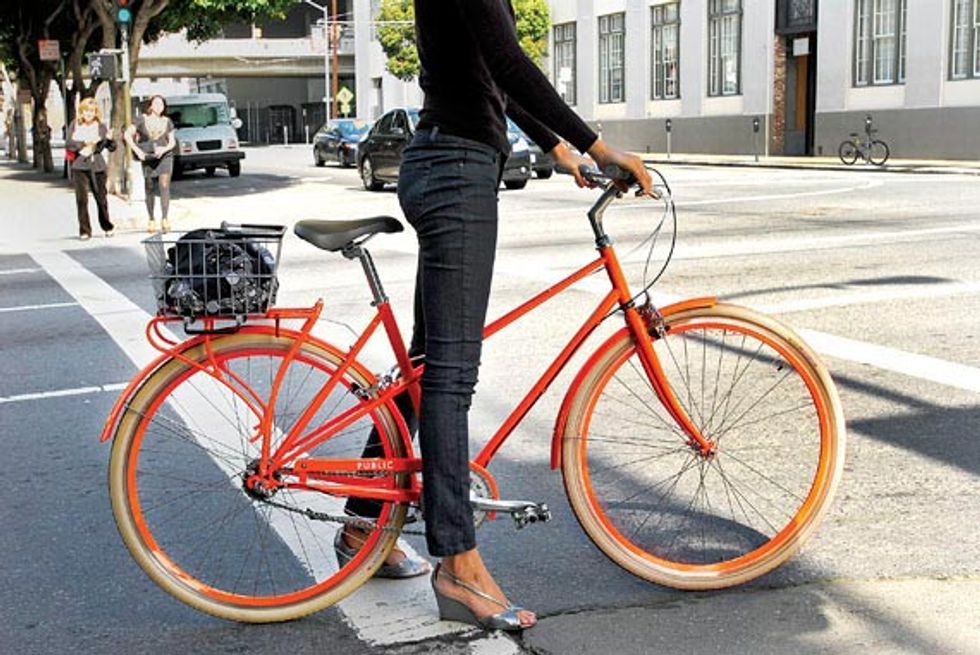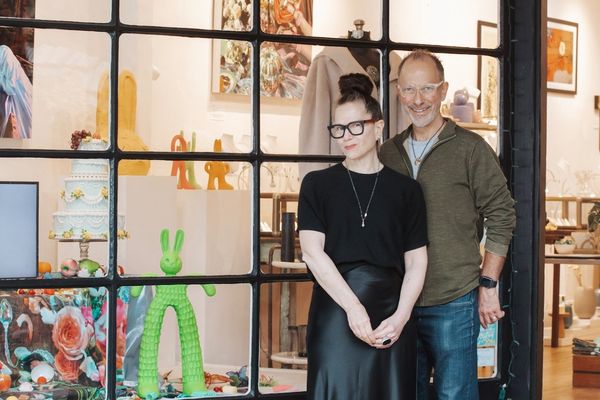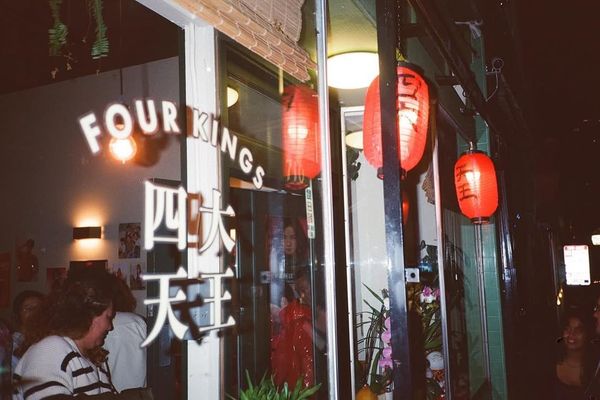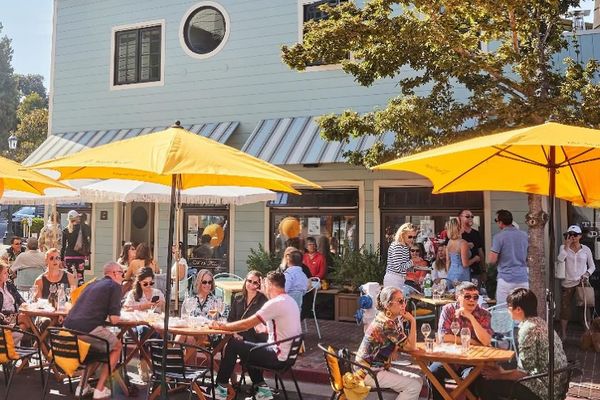What’s sexy about sharing? Unused value equals waste. Sharing provides the opportunity to identify waste and convert it to value.
Easy Riding
Ninety-two percent of the time, our cars go unused. Fortunately, the options for getting around without owning a car are growing. Zimride crowd-sources transportation out of SF, LA, and Tahoe. Its drivers, who offer empty seats in their cars, can pocket up to $300 for a four-person trip between LA and SF. Similarly, RelayRides member Curtis Chong has made more than $5,300 since enrolling his 2006 Honda Civic. In SF, taxis are scarce. Ride in style with Uber, which has a pool of town cars at the ready.
Borrowing Bikes
San Francisco is a bicycle town,
and cool wheels abound. Fashion-savvy riders cruise around on European styles from South Park’s Public Bikes, which also supplies bikes to companies including PeopleBrowsr for their employees to share. Also, look for around 50 new bike sharing stations expected to debut in downtown SF this summer, thanks to a new program from SFMTA.
Airbnb and Beyond
Airbnb, CouchSurfing, and VRBO are turning our underutilized vacation homes and in-law units into a gold mine of shareable space, with private homes for rent in more than 19,000 cities worldwide. According to cofounder Brian Chesky, Airbnb’s New York hosts collect on average $21,000 a year by renting their properties to visitors.
Share cultural experiences with Vayable. Online in San Francisco, London, Berlin, Paris, LA, and New York, Vayable’s community users offer unique tours in their cities. In SF, the most popular guide is Russel, whose street art tour has helped his nonprofit, CellSpace, fund the restoration of a Mission District mural.
Coworking 101
According to a 2011 study by Deskmag,
42 percent of people who moved into a coworking environment reported increased salaries, and 76 percent were more productive. Loosecubes provides access to desks in 640 cities. The average price of a flexible desk is $192 a month.
Mommy’s Little Helper
Finally, a village for the digital
age. Services like TaskRabbit help parents do more by delegating errands to background-checked “task rabbits.” Fifteen percent of task rabbits are moms whose earnings go toward such expenses as family vacations.
SF-based ThredUp is a money-saver for parents, allowing them to exchange their children’s outgrown clothing for garments that fit, starting at $2.50 each.
Breaking Bread
We know that the more we can eat local and share perishable goods, the better. The people behind Berkeley-based 510 Fruits forage hyper local produce from their own backyards and neighborhoods, and then jar and share them for a small donation. Santa Cruz-based Local Harvest points users to nearby community supported agriculture farms (CSAs), which offer the public farm “shares”—usually in the form of boxes of vegetables—and such community market farms as Alemany Farm, Hayes Valley Farm, and City Slicker Farms.
SF: Ahead of the Curve
Cities are a hotbed for nourishing the sharing economy. Not surprisingly, San Francisco is on top of it. In February 2012, Zipcar launched its Future Metropolis Index to measure cities’ sustainability, innovation, vibrancy, efficiency and livability.
SF was No. 1 on the list.





















